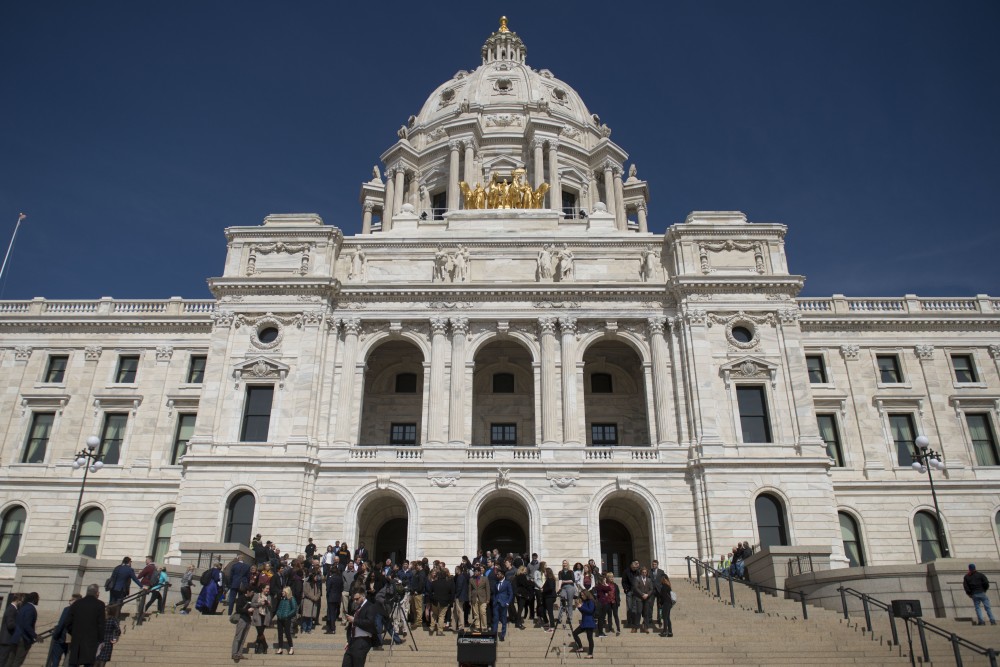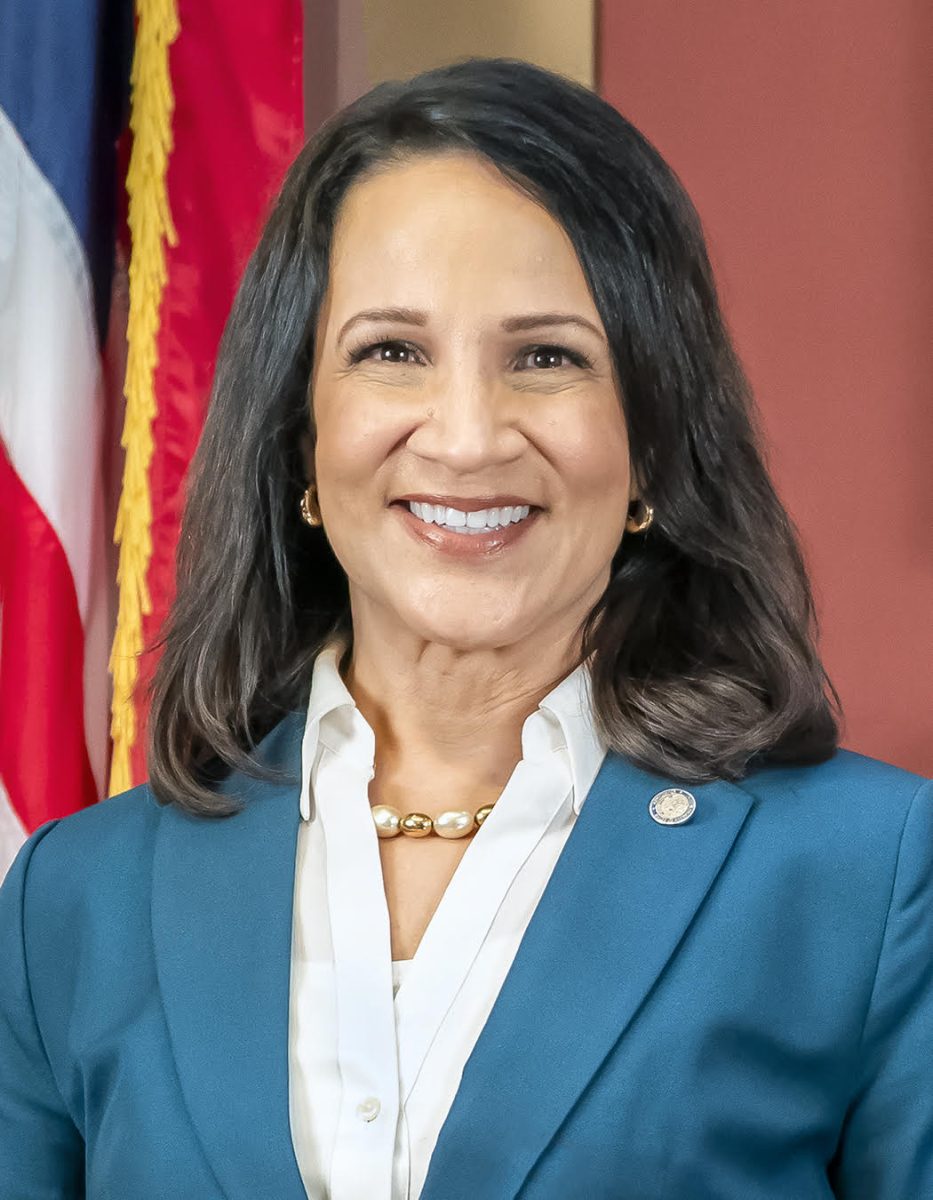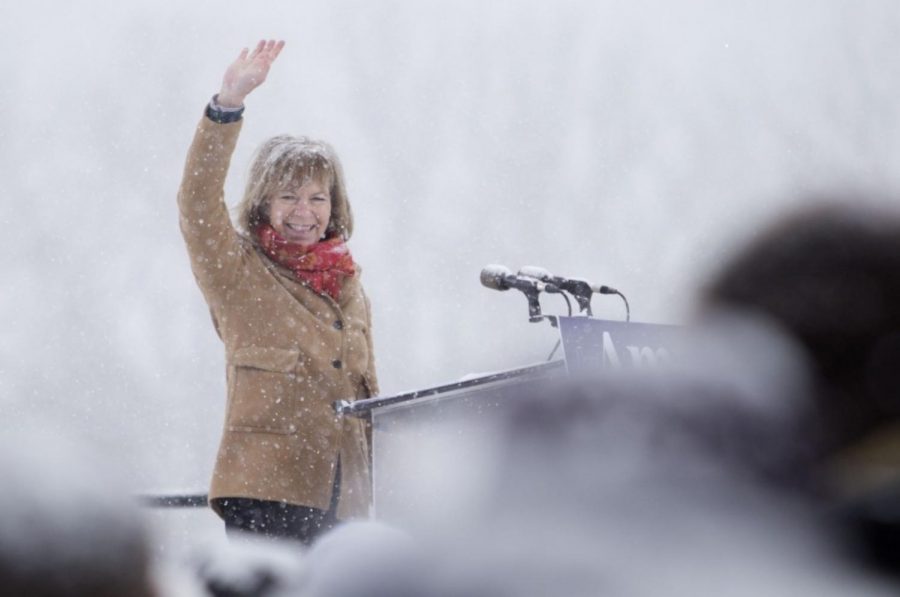After a state lawmaker resigned from a position at the University of Minnesota amid conflict of interest concerns, state and school officials are calling for increased transparency.
Rep. Jamie Long, DFL-Minneapolis, resigned from a paid fellowship position at a University program after some Republican lawmakers raised questions about potential conflicts of interest, the Pioneer Press first reported Sept. 11. In response, the House of Representatives is investigating Long’s employment and the transparency issues it raised.
The freshman lawmaker was hired as an energy research project specialist in the Energy Transition Lab at the University’s Institute on the Environment in July by then-executive director and former Sen. Ellen Anderson, DFL-St. Paul.
After Rep. Chris Swedzinski, R-Ghent, filed a public data request that raised questions about how the position was created and funded, Long, who serves as vice chair of the House energy and climate committee, resigned from the fellowship earlier this month. Ellen Anderson was also reassigned as a senior energy researcher with no supervisory responsibilities.
Internal emails and documents acquired by Swedzinski and detailed in the Pioneer Press article say Long’s position was funded by an undisclosed donor and that Long had input in writing the job’s description.
Though Long has denied any wrongdoing or conflicts of interest with his legislative duties, more information is needed to say for sure, said Sen. Rich Draheim, R-Madison Lake, vice chair of the Senate higher education committee.
“If these types of hiring practices are going to happen, I think we need more disclosures,” Draheim said. “To have outside entities paying someone that’s in the state Legislature for something that he’s working on at the state Legislature and then [to] create a position for him, I think there’s a big conflict of interest.”
On Sept. 12, Chair of the Senate Higher Education Finance and Policy Committee Sen. Paul Anderson, R-Plymouth, sent a letter to University President Joan Gabel asking more than a dozen questions about Long’s hiring and Ellen Anderson’s involvement. Gabel returned the letter a week later on Sept. 19, elaborating on the hiring process and concerns about potential influence of donors on University work.
“…the University works collaboratively with all donors as charitable contributions provide a substantial amount of financial support,” Gabel said in the letter. “However, the University holds itself to the highest standards of academic integrity and ensures that the University is making all operational decisions.”
In the letter, Gabel said while writing a description with an individual in mind is not against University policy for a temporary position, this specific hiring process “put at risk a core value” of nonpartisanship in the program.
Speaker of the House Melissa Hortman, DFL-Brooklyn Park, said in a statement Sept. 12 that she would review documents she had requested relating to Long’s employment. But in a Sept. 20 statement, Hortman announced she would recuse herself from the investigation, citing her own employment as an instructor at the University between fall 2015 and spring 2017.
The House has retained outside counsel to review the documents in her place. Rep. Connie Bernardy, DFL-New Brighton, chair of the House higher education committee, declined to comment about the inquiries.
This latest incident shows a lack of transparency between the University and the State Legislature, said Sen. Jim Abeler, R-Anoka, a member of the Senate higher education committee. The new administration presents an opportunity to improve the Legislature’s relationship with the state moving forward, he said.
“With increased transparency, comes increased trust [and] increased trust leads to all kinds of good things,” Abeler said. “A broader discussion with many voices discussing what a conflict is to clarify the line will be very helpful.”








